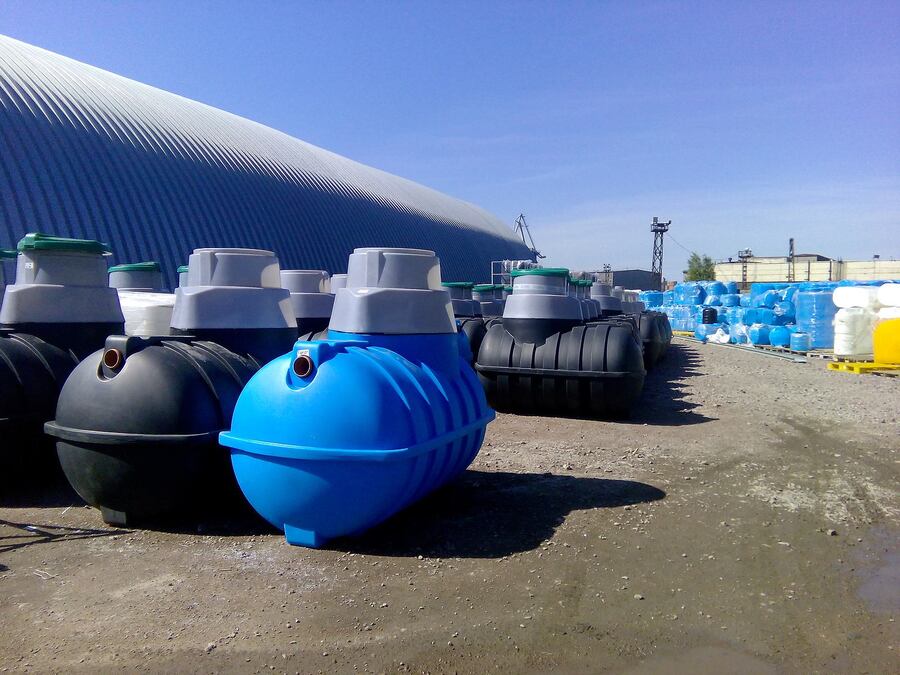
When it comes to managing household wastewater, septic tanks play a crucial role. The size of your septic tank is a critical factor in ensuring efficient wastewater treatment and preventing potential issues such as overflows and system failures. In this article, we explore the key considerations for selecting the right septic tank size for your home, emphasizing the importance of proper maintenance through services like septic tank pumping, repair, installation, and septic tank cleaning offered by reputable septic companies.
The first step in determining the appropriate septic tank size is to assess the water usage patterns in your household. Factors such as the number of residents, daily water consumption, and the presence of water-intensive appliances all contribute to the overall wastewater volume. By understanding your water usage, you can make a more informed decision about the size of the septic tank needed to accommodate the generated wastewater.
Before finalizing your decision on septic tank size, it is crucial to check local regulations and codes. Municipalities may have specific requirements regarding septic system installations, including minimum tank sizes based on factors such as property size and soil conditions. Adhering to these regulations is essential to ensure compliance and prevent potential legal issues in the future.
The soil percolation rate, or how quickly water drains through the soil, is a critical factor in septic tank sizing. Conducting a soil test on your property helps determine the absorption capacity of the soil. Different soils have varying percolation rates, influencing the rate at which wastewater can be absorbed into the ground. Your septic tank size should align with the percolation rate to prevent overloading the system.
Septic tanks come in various designs, including single-compartment and dual-compartment tanks. Single-compartment tanks are simpler and more cost-effective, while dual-compartment tanks offer additional treatment of solids before effluent reaches the drain field. The choice of tank design should align with your specific needs and the characteristics of your property.
After selecting the right septic tank size and performing septic tank installation, regular maintenance is paramount to its longevity and functionality. Schedule routine septic tank pumping and cleaning services to remove accumulated solids and prevent clogs or system failures. Reputable septic companies offer professional services, including septic tank repair and installation, ensuring that your system remains in optimal condition.
If navigating the intricacies of septic tank sizing seems overwhelming, seeking professional consultation from Rooter Septic Services is a wise decision. Experienced professionals can assess your property, consider local regulations, and provide tailored recommendations for the right septic tank size. Additionally, they can offer insights into ongoing maintenance practices to keep your system operating smoothly.
Selecting the right septic tank size for your home is a critical decision that requires careful consideration of various factors, from household water usage to local regulations and soil conditions. By investing time and effort in understanding these aspects, homeowners can make informed choices that contribute to the long-term efficiency of their septic systems. As you embark on this journey, remember that a well-maintained septic system is an investment in the health of your property and the surrounding environment.